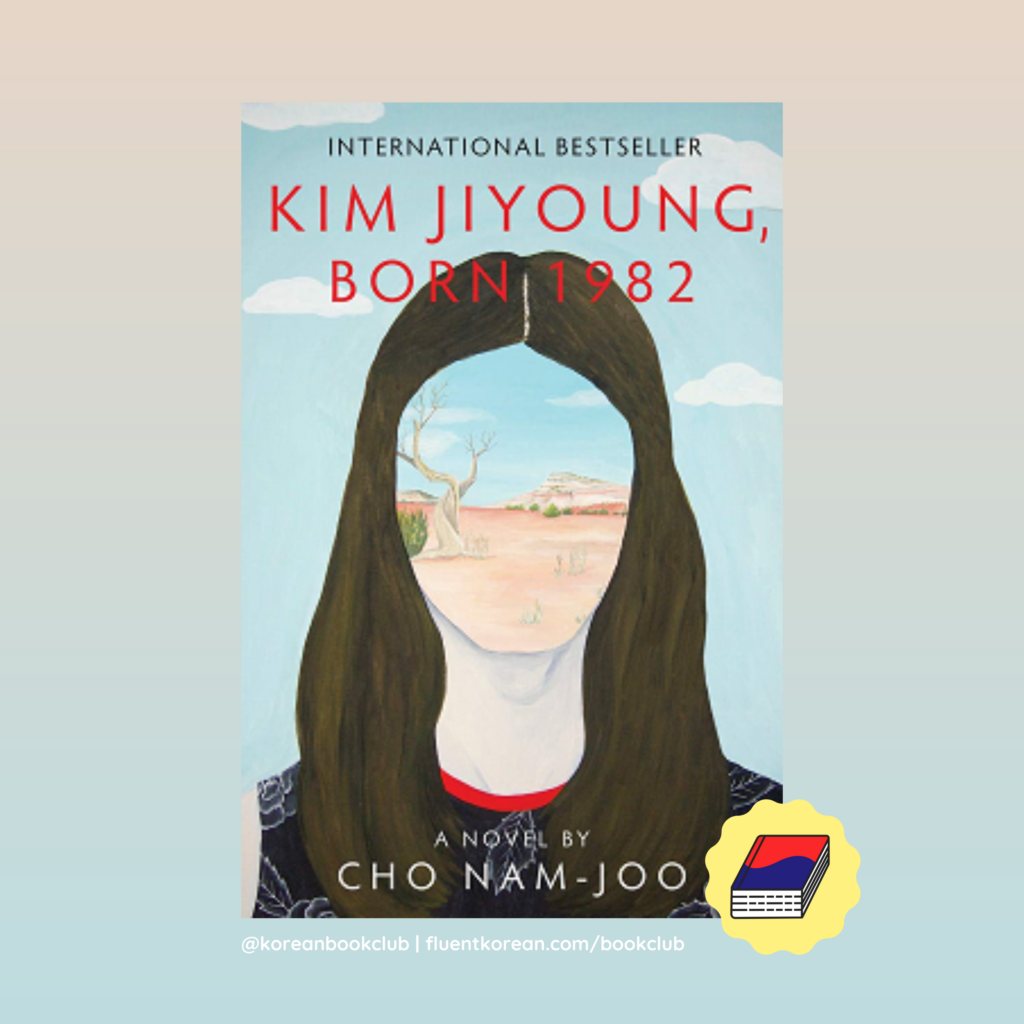
Title
Kim Jiyoung, Born 1982 (82년생 김지영)
Author
Cho Nam-Joo (조남주)
Genre
Novel
Publication Date
October 2016
Review
This book came highly recommended by a lot of women in my life. I read the English version. The translator did a really great job, but there were moments especially in the dialogue and interactions between the characters where I felt having the Korean part alongside it would have added a lot more nuance in the language. Despite this, I thoroughly enjoyed Kim Ji Young, Born 1982 (82년생 김지영).
I consumed the whole novel in basically one sitting.
Throughout the book, I kept imagining water drop torture. You know, the one where someone is restrained and a drop of water is slowly (and randomly to deprive the victim of a meditative pattern) dripped onto their face over a long period of time. Each drop in itself isn’t torturous, but over time, the person goes insane from the cumulative stress.
[Possible spoilers ahead.]
When Ji Young’s brother is prioritized and given better everything over his older sisters just for being born with a penis, drop. She doesn’t really mind this because she thinks she’s being a good older sister. When her desk-mate harasses her and her teacher chalks it up to a crush because boys will be boys, drop. When she overhears her college classmates calling her a spat out piece of gum after a break up, drop. When after college, she can’t get a job that she’s qualified for or she’s passed over a promotion because she may someday go on maternity leave, drop. When she discovers the unfair pay gap between her colleagues, drop. When it’s assumed she has to quit her job to be a stay at home mom, drop. When she sees college-educated women working part-time dead-end jobs, drop drop drop. So many little drops sprinkled throughout the story not just on Ji Young, but also her mom, her grandmother before that, even her colleagues, and all the women in the story. Drop, drop, drop.
The collective stress of all the aggressions (micro or otherwise) takes its toll on Ji Young’s mental state and she starts embodying the women in her life. Her doctor thinks its depression or dissociative personality disorder. I found it interesting that the personalities she became were people who had the hierarchy to speak their minds. With her husband, it was a sunbae that was the same age as her husband so she could chastise him like a friend. To her in-laws, she became her mother protecting her precious child.
Her episodes are kind of a spiritual release (almost shamanic, in a way) from the societal restraints that fetters her from living more freely.
Each drip and drop of sexism added to my own frustration because even now I recognize this in my life. So many things we let slide because we don’t want to be called “difficult”. So many things we’re told to be grateful for because it wasn’t like that for women “in my day” even though Korea still has one of the largest pay gaps and the lowest female workforce participation rates in the OECD. I’m also reminded of my brilliant mother and her sisters who sacrificed their youth and education to support their family.
The cultural inheritance from our history which has always been patriarchal is rich. Even though Korea has introduced Gender Equality laws, the character muses, if people don’t act on it, have things actually changed?
I like how Cho Nam-Joo weaves contemporaneous news reports and statistics throughout the story. I felt like I was living through this time with her and it served a purpose of showing the pervasiveness of this existence. Details such as the choice of last name Kim (the most common Korean surname) and first name Ji Young (one of the most popular baby names for girls in 1982) add to this.
Overall, the book was an easy read and even though a lot of the scenarios felt cliche, in this instance, I thought it was great commentary on the banality and ubiquity of Kim Ji Young’s life in modern Korean society. And you also wonder, what will Korean society be like for women when Ji Young’s daughter comes of age?
I can see why this book came highly recommended and why it sparked feminist rage throughout the country. I am angry too.


